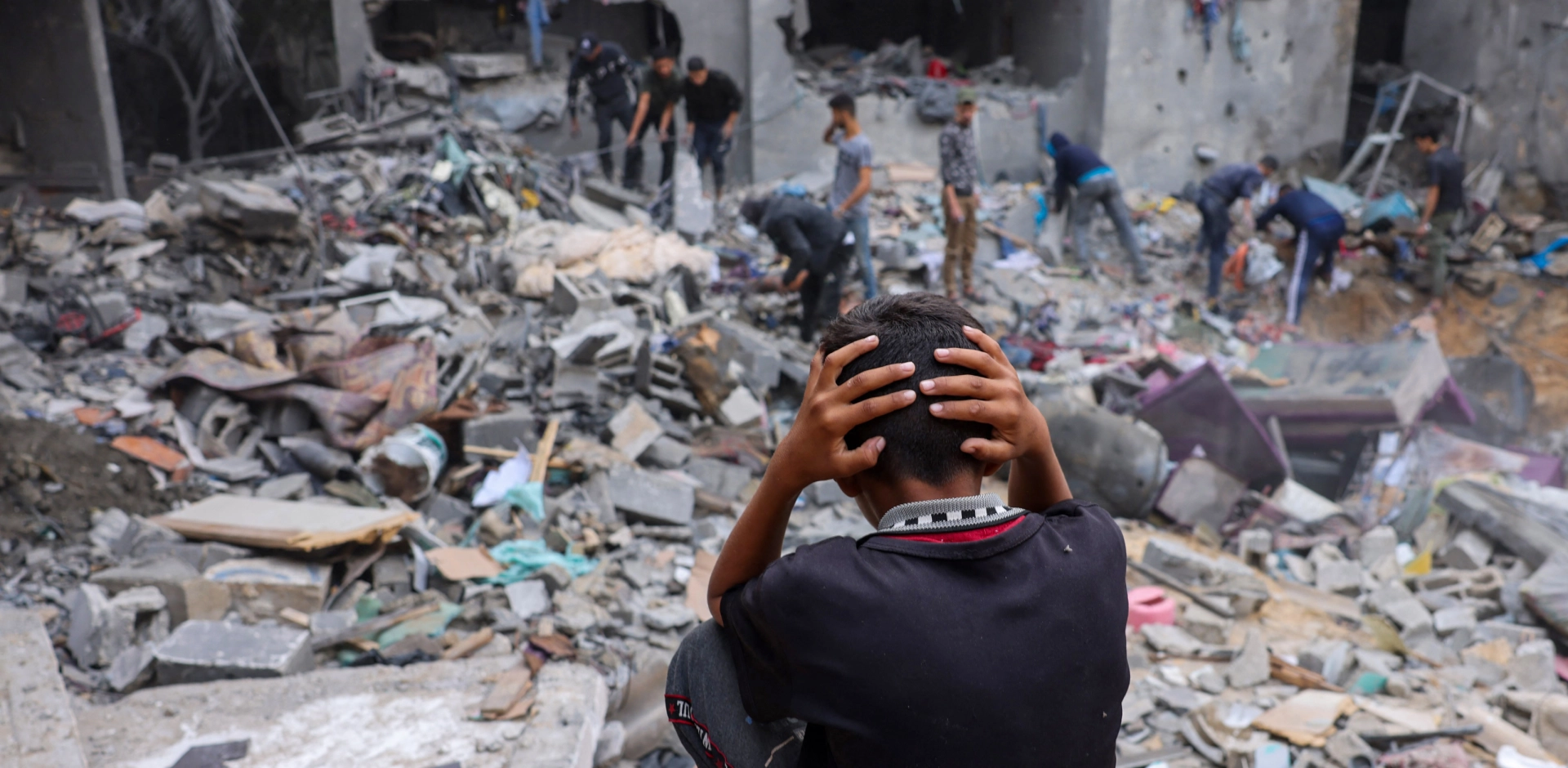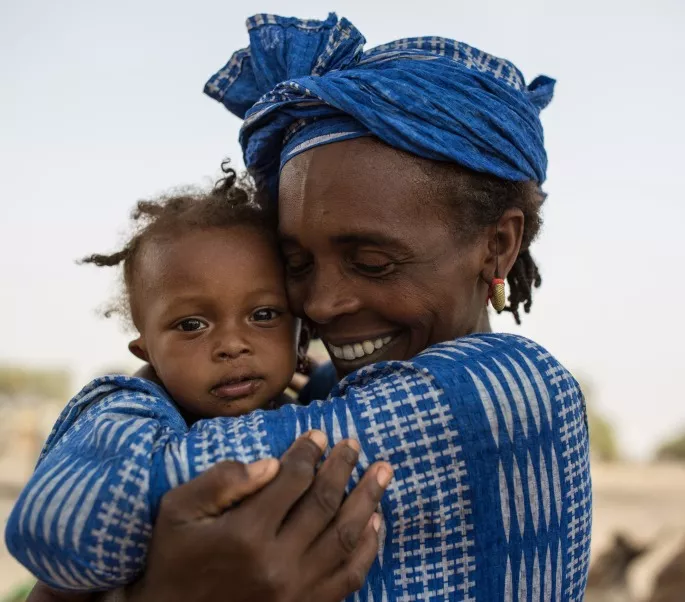What came was the Night of the Absolutes. No longer could I claim to be absolutely certain of anything at all. The world as I saw it had descended into uneasy relativism. Perhaps there was an underlying meaning to everything, perhaps there was a transcendent reality, but then again perhaps there wasn’t. You could go on and on about it, digging deeper and deeper, and yet never move from the spot and achieve anything. You could go questioning assumptions, then questioning the intentions that led to those assumptions, then the intentions that led to those intentions, until you forgot what you were questioning in the first place. Kierkegaard knew what he was doing when he parodied the rigorousness of never-ending analysis and called it “no way to live”. Despite being fully aware of this, I was seriously having trouble finding a state where I could finally draw the line and get some respite.
The words of urgent uncertainty cried out by Nietzsche’s wild eyed Madman rang all too true: “Whither are we moving now? Away from all suns? Are we not perpetually falling? Backward, sideward, forward, in all directions? Is there any up or down left? Are we not straying as through an infinite nothing? Do we not feel the breath of empty space? Has it not become colder? Is more and more night not coming on all the time? Must not lanterns be lit in the morning?”
In the end, the need to settle on something became overwhelming. I returned to that duality between heart and mind, finally determined to value meaningful feeling over knowledge. It seemed like the most reasonable way to deal with all the uncertainty, and amounted to suspending the search for answers and simply living for the passion of the moment. Thus I turned more and more to poetry. It was a way of expression and looking at things which ignored the underlying principles and simply focused on the beauty of perception. As this appreciation was something purely personal and subjective, it was untouchable by any theory or psychological rationalization.
Yet I wasn’t free from that melancholy of the tragic that my search had uncovered. It had been engrained a little too deeply into my somewhat moody, contemplative character. In my verses I conjured up wistful images of unattainable joy, veiled in imagery of winter nights and short-lived splendours. It was clear that, by choosing to elevate poetic emotion to the center of my world-view, I had inevitably brought along all of the shortcomings associated with the volatility of mood and feeling. The fact is that I missed that feeling of knowing that, no matter what, everything would always turn alright and for the best.
In my final year of engineering I met someone who was to influence me immensely. Now, in my experience and from what I have seen, most people live religion only to conform to those rules and norms they’ve been brought up to follow. This friend of mine, however, set a completely different standard and example. Let me see how I could convey the exact impression her character left on me. It was something pretty much akin to that sincerity I admired in those philosophers, a strength of conviction based on answers she herself had sought (and unlike me had found), and a character that lived up to those beliefs and convictions. I could even paraphrase Nietszche again here, when he said that anyone who professes something must first lead by example in order to earn our respect. Let’s face it, there’s plenty of so-called ‘religious’ people out there who are in general terms completely ignorant about what their faith really means and what it asks of them, and only create confusion in others with huge gaps between their actions and their creed. It’s fair to say I guess that I had developed some cynicism with respect to the religious mindset for these reasons. But through meeting her, and through our occasional conversations on everything from psychology to the ‘meaning of things’, she little by little changed my view on things, disarming the cynic inside who had gradually been gaining ground. It is truly something to see someone who believes, not through being cowered into it by a blind fear of what may otherwise happen, but because she truly understands the inherent goodness and sees the beauty and worth in following. It’s never about simply satisfying some ritual requirements and then wiping your hands, declaring “we’re done for the day”. The structure and form is important of course, but without the essence it is nothing but a set of empty motions. When I think about it now, she gave me exactly the dawah (or ‘call to Islam’) I needed, perhaps even without meaning too. She did so by undermining that cynicism in me through character and actions. In all honesty if someone had approached me, say during Islam Awareness Week, and had wanted to give me dawah in the more commonly understood sense, then it’s quite likely that it wouldn’t have worked. I carried in me too many inherited doubts and conflicting ideas, too much disenchantment with outside perspectives to be even remotely receptive, and don’t think the person giving me dawah would have been able to understand my response. Or rather, I wouldn’t have been able to articulate it in a way for it to be understood. After all, how long’s it taken me so far to explain myself? Around 6 pages?



